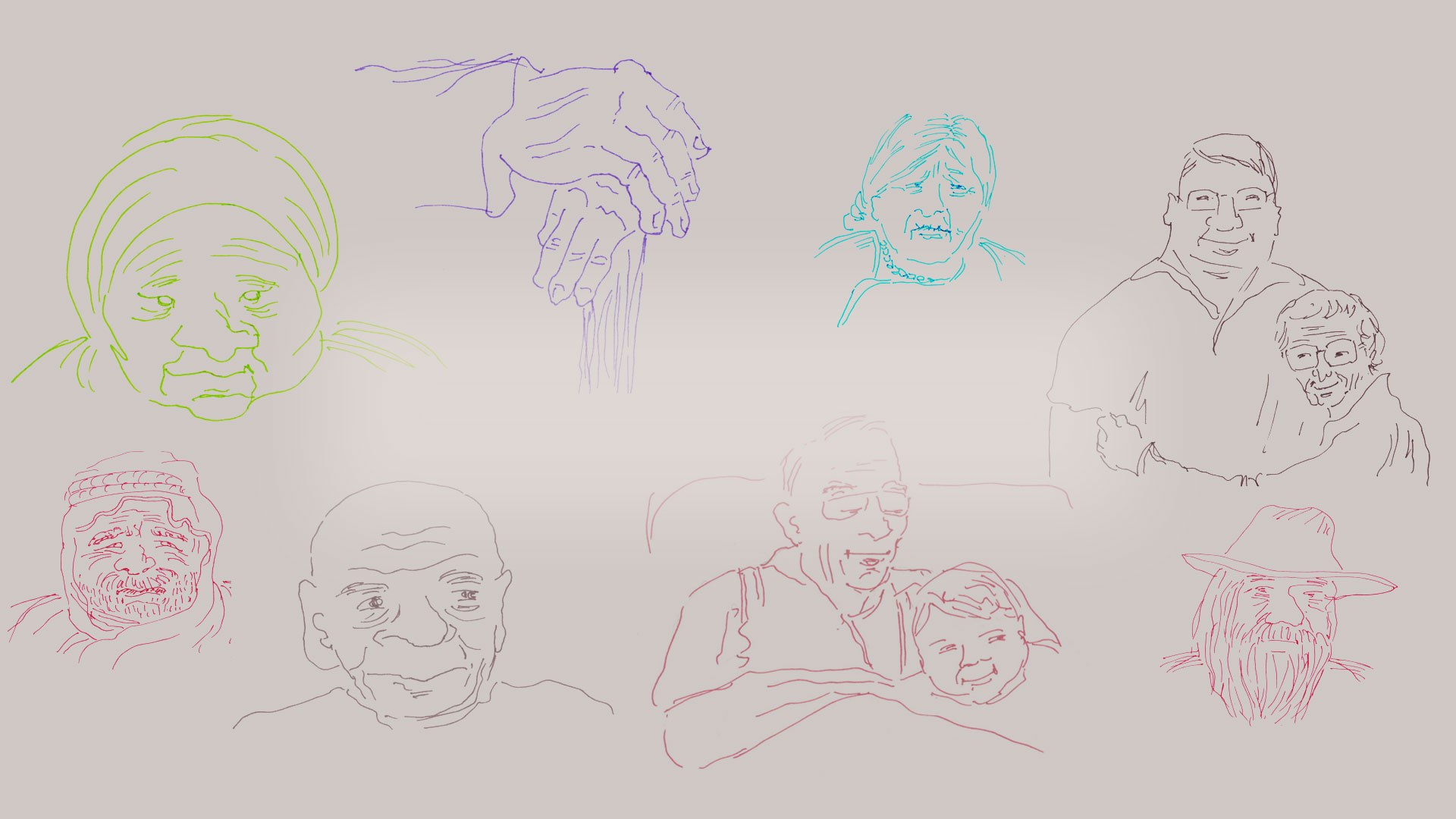Haven’t heard that one, hmmm? Perhaps because so much of the already-existing humor involving older folks is a lot more entertaining than this run-of-the-mill joke opener. In fact, you can enjoy older adult humor in daily newspaper comic strips—Brian Crane’s PICKLES () is my all-time favorite! Think of the working comedians who are themselves older adults. Comedic elder characters are a staple inMORE...
Reflections from a funeral, Part 2
Recently I learned to appreciate the value that can come to those who attend a memorial service in a funeral home. My observations from the previous entry continue here. • Because those in attendance knew each other—and the person who died—this event felt like a final step in knowing more fully who she really was. A satisfying experience to complete all the years of positive andMORE...
Reflections from a funeral, Part 1
Recently I attended a memorial service that took place in a funeral home. Because this was something I’ve not experienced in decades, I was especially interested in seeing how this kind of service might compare with a memorial service in a church. I was favorably impressed at how spiritual matters maintained their strengths in the funeral home setting. In this and the following entry, IMORE...
When it’s time to give up
I’ve watched this feeling grow in some older adults who I have known well: They finally get tired of the work of staying alive, and just give up. What I have also seen: the difficulty of bringing up this matter with those around them. How do any of us tell those who love us that we’re ready to die? What words do we use? What will our loved ones be ready to hear? How do we broach the subjectMORE...
Hands on! (for caregivers)
All of us—especially older folks—long to be touched. There’s a spiritual quality to touch. As Jesus performed miracles, he often touched the people he encountered. The biblical metaphor of God’s hand symbolizes more than God’s abundance, also revealing a God who’s close enough to touch you! A touch signals that a loving relationship is present. As a caregiver, you have an especiallyMORE...
Resource recommendation (for caregivers)
If you’re a caregiver for an elderly family member or friend, you’ve probably looked for helpful resources for this work. As you may have discovered, helpful materials—on the Web and elsewhere—come from governmental sources, caregiving companies, medical providers, bloggers and not-for-profit enterprises. It’s not the lack of resources that you encounter. In fact, the opposite is true: TheMORE...
The hard questions (for caregivers)
The hard questions (For caregivers) As we extend ourselves into the lives of elderly persons, we’re bound to come to the point of needing or wanting to ask hard questions—about car keys, end-of-life matters, ongoing well-being or submerged feelings. This entry includes some observations about how to frame and offer those questions effectively and lovingly. A framework What might make a questionMORE...
Writing your family history (for caregivers)
Two of our family’s most-treasured possessions are family history books. Our grandchildren and great-grandchildren will always know the legacies of my mother and mother-in-law, both strong, determined women who—with the assistance of other family members—created these cherished volumes. If you are considering this possibility, let me encourage you with these few observations: • Begin theMORE...
How (NOT) to patronize older adults
In my experience, patronizing anyone isn’t a good idea. In fact, it’s harmful—to others, to yourself and to your relationships. It might seem otherwise: the etymology of “patronize” leads back to the kindly father/patron who has in mind only the best interest of others. Personal experience tells us otherwise: Patronizing behaviors are rooted in arrogance masked as kindness; their netMORE...
Words you can use
One anchor maxim in neurolinguistics goes something like this: No words, no thoughts; know words, know thoughts. The implication is intriguing: The stronger your vocabulary, the more likely the depth and breadth of your thinking. These ideas may also apply to the ways in which you express ideas and ideals about older adults. Today I include an aggregation of words and phrases you might useMORE...

